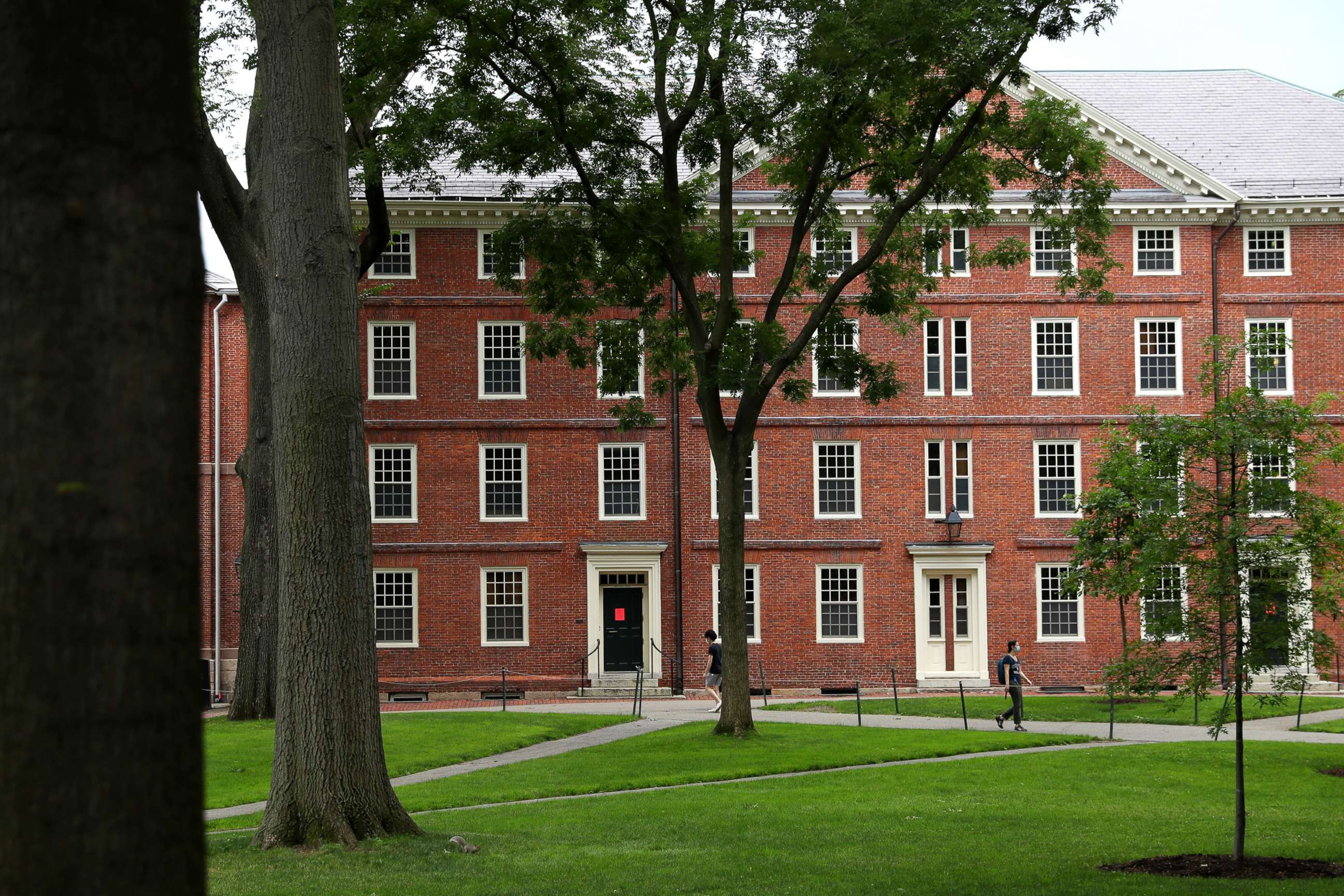With petitions and lawsuits, some students demand lower tuition for online instruction
Some institutions have actually raised tuition, angering students and parents.
Gabrielle Perez, a junior at Michigan State University, is one of the thousands of students who was forced to return to her home in Illinois after her university closed its doors in March amid the coronavirus pandemic.
After the university announced its plans to provide both in-person and online classes for the fall semester, Perez and her parents – who are paying about $55,000 per year in tuition and fees – wondered if the university would give a discount to families for the switch to online instruction.
Perez, along with the students who signed the petition, feel remote learning is less valuable than a college classroom and should be less expensive.
“We waited so long for them to reach out,” Perez told ABC News, “and when they finally did, it was like a slap in the face.”
Michigan State University recently announced that it would charge students the same price for tuition and fees for the school year, even though the majority of classes will be online.
"The Board of Trustees demands students to pay the flat rate tuition for classes that were once in person,” Perez told ABC News. “These online classes hold a far less value compared to those that were once in a classroom. I could have transferred home and paid basically nothing for college versus paying $55,000.”
ABC News reached out to Michigan State University and was referred to a COVID-19 website which does not address student petitions.

As colleges and universities across the country are moving forward with reopening plans for the fall semester, students like Perez are launching online petitions and even filing lawsuits, seeking refunds and tuition breaks while college life remains restricted. According to a survey of 13,606 college students in the United States by study guide platform OneClass, more than 93% of U.S. students believe that if classes are held online, tuition should be lowered. Tuition, fees, and housing are generally separate charges.
Roy Willey, an attorney who started a website called CollegeRefund2020 in April, told ABC News he has filed over 30 lawsuits against colleges and universities. He expects that number to grow as the fall semester approaches.
“It’s like if you and I go to a steakhouse and we order prime rib and pay in advance. And then we get to our table and they come and say, ‘ we only have hamburgers,’” said Willey. “Hamburgers are still food, and we may accept that because we're hungry, but they don't get to keep all of the money that we paid for the prime rib.”
“Some colleges and universities are taking the position that they never promised an in person on-campus education and others are saying that they have added expenses,” Willey added. “But there’s no excuse for taking that much money from students and families for online instruction.”
In the past few weeks, a handful of colleges announced tuition freezes for upcoming school year, including public colleges and universities like William & Mary, the University of Chicago and Pennsylvania State University.
But other institutions have actually increased tuition, sparking outrage among some students and parents.
Daniel Kim, a senior at Duke University who also signed a petition for the university to lower tuition for this upcoming year, said he was surprised when Duke moved forward with the decision to increase tuition by nearly 3% this year. Because most classes will be remote, Kim argued, the university will be saving money on some expenses like campus police and campus events.
“I am really disappointed in Duke University,” Kim told ABC News. “I'm just surprised that administration isn’t looking out for students more, especially given the financial hardship that a lot of families are going through during COVID.”
Duke University declined a request for comment for ABC News.
Franklin & Marshall College is also moving forward with an increase in tuition by 3.5% this year, despite plans to move many courses online in the fall semester. Tuition and fees for this upcoming academic year total $60,872.
Alan Canigula, Franklin & Marshall's vice president for strategic initiatives and acting vice president for finance and administration, argued that universities and colleges have incurred unexpected costs, like purchasing protective equipment and testing for COVID-19.
“We are looking at significantly increased expenses even with some costs cutting, salary freeze and hiring freeze for staff,” said Canigula. “But we are committed to providing students with the financial aid they need. Some students who were not eligible for financial aid before can now get aid and so we have adjusted the budget to take that into account as well.”

Daniel Pianko, managing director of University Ventures, an investment firm focused on global higher education believes universities and colleges should reduce tuition significantly if students are only going to be taking online classes.
“Colleges have been selling a bundle of education but also dorm life, sports and alumni network and dining halls. And beautiful dorms with lazy rivers and after school activities,” said Pianko. “And that was a bundle that worked for the last 1500 plus years but unfortunately that bundle is tied to place and tied to people living together, and that doesn't work in this environment.”
Students and parents, at least, agree, and several institutions have bowed to pressure from their communities.
After a student petition collected more than 2,000 signatures, Georgetown University announced that students who are not invited back to campus will receive a 10% reduction in tuition — about $2,800 — while students returning to campus will be charged full tuition with a lower housing rate.
Similarly, Lafayette College in Pennsylvania recently reversed a planned 3.75% increase in tuition and is offering a 10% discount to students who study from home. Alison Byerly, the school’s president, said the decision is fair to students who are going to miss out on the “campus experience.”
“The experience of studying from home is quite different,” Byerly told ABC News. “ If you don't have access to the library, to campus facilities, if you’re not going to be on campus with students, you shouldn’t have to pay full price.”



